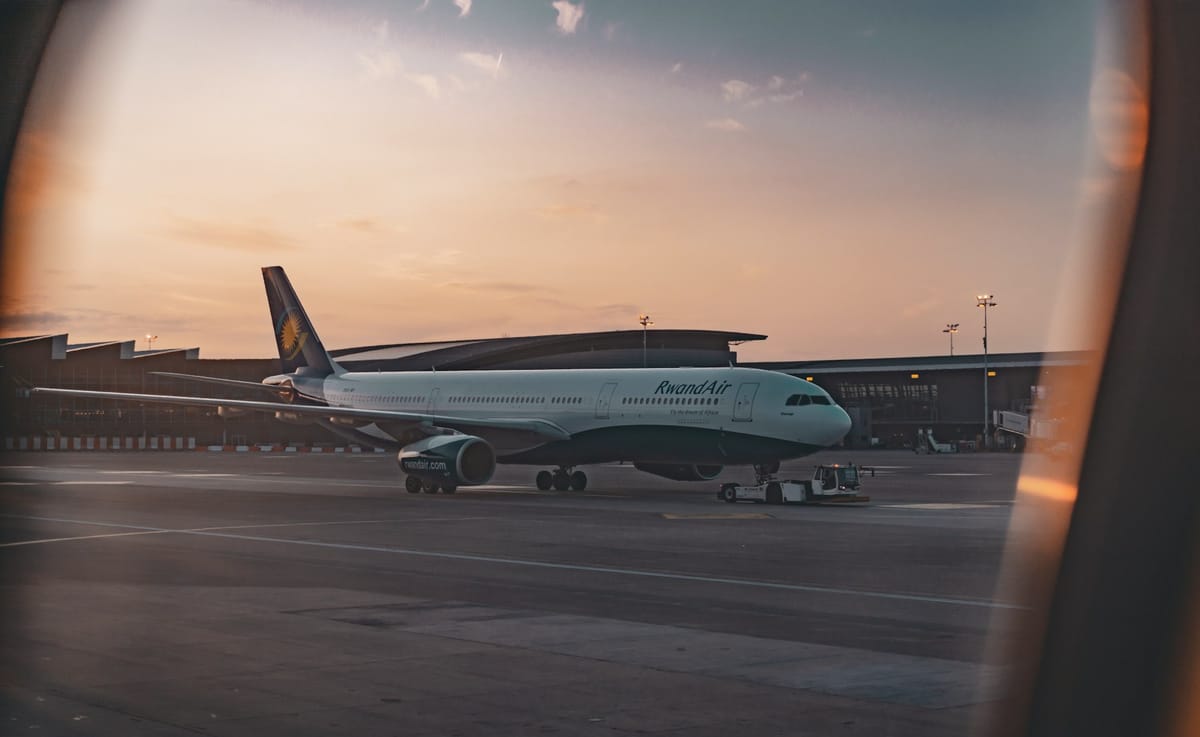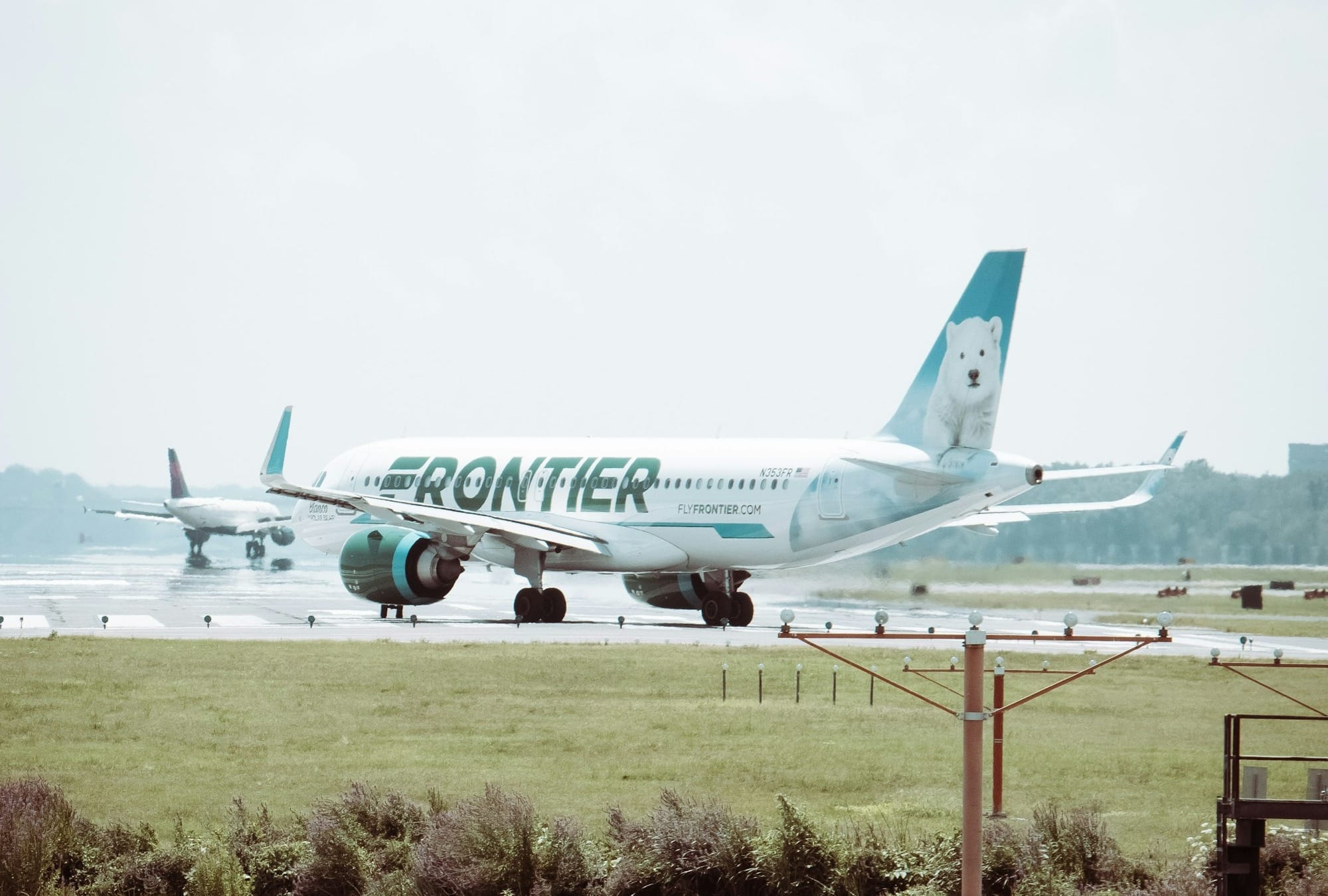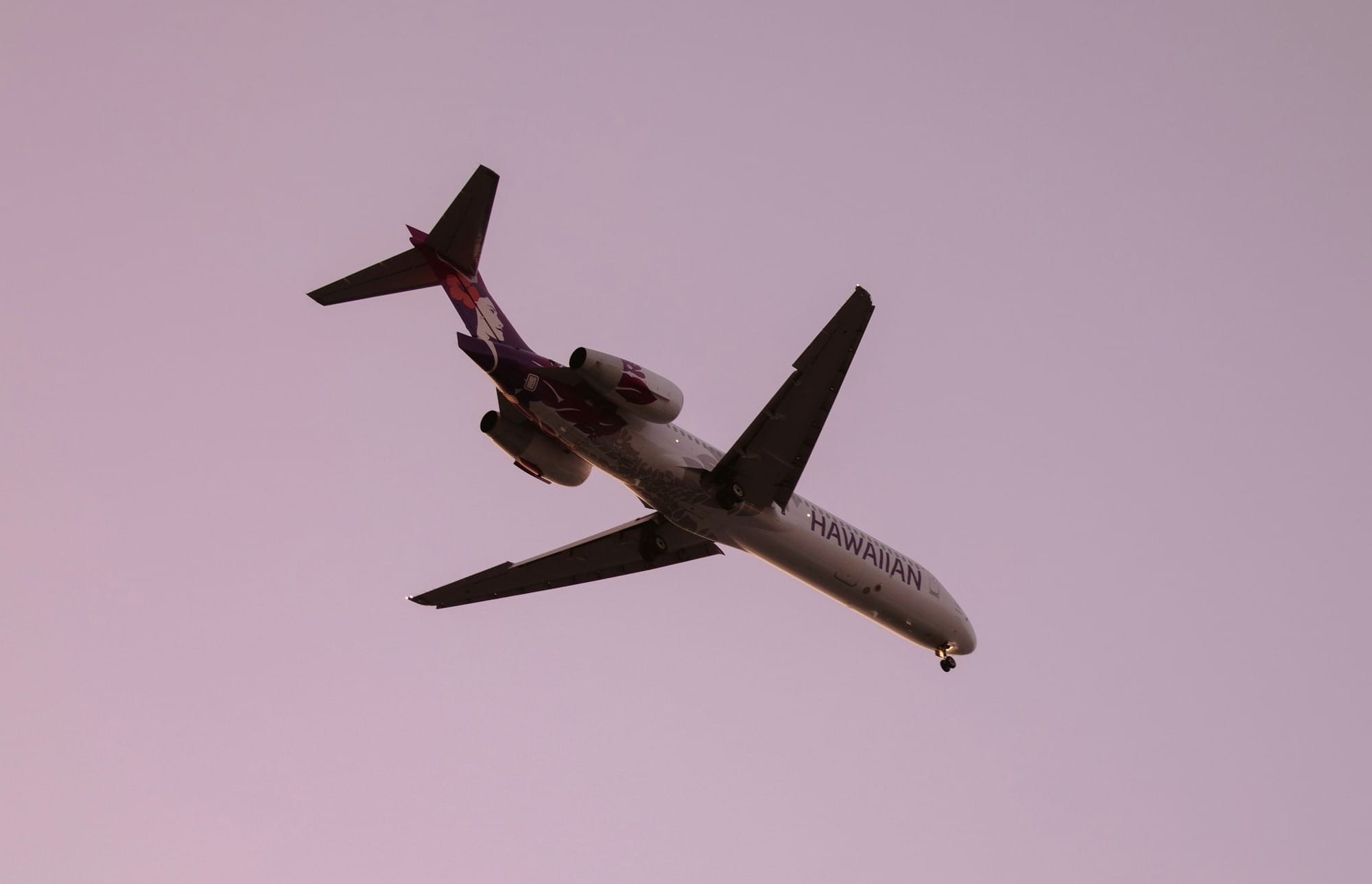RwandAir's Commitment to Safety: Embracing the IATA Safety Leadership Charter
RwandAir, the flag carrier of Rwanda, has recently taken a significant step in affirming its commitment to safety by signing the International Air Transport Association's (IATA) Safety Leadership Charter.


RwandAir's Commitment to Safety: Embracing the IATA Safety Leadership Charter
Key Takeaways:
- RwandAir has officially signed the IATA Safety Leadership Charter, reinforcing its dedication to safety.
- The airline's adherence to the charter signifies a commitment to fostering a robust safety culture within its organization.
- This move aligns with RwandAir's strategic objectives and enhances its reputation as a safety-conscious airline.
Pioneering Safety in African Skies
RwandAir, the flag carrier of Rwanda, has recently taken a significant step in affirming its commitment to safety by signing the International Air Transport Association's (IATA) Safety Leadership Charter. This landmark decision not only underscores the airline's dedication to maintaining the highest safety standards but also positions it as a leader in aviation safety on the African continent. The charter represents a global benchmark for safety management and operational integrity, which RwandAir has pledged to uphold and integrate into every aspect of its operations.
The signing of the IATA Safety Leadership Charter by RwandAir is a testament to the airline's proactive approach to safety. It is a clear indication that the carrier is not merely content with meeting the minimum regulatory requirements but is striving to exceed them. By aligning with IATA's safety principles, RwandAir is sending a powerful message to its passengers, employees, and industry partners that safety is not negotiable and is the cornerstone of its business philosophy.
A Culture of Safety Above All
The essence of the IATA Safety Leadership Charter lies in its focus on cultivating a strong organizational safety culture. For RwandAir, this means embedding safety consciousness into the DNA of its corporate structure. Every employee, from pilots and cabin crew to ground staff and maintenance technicians, is encouraged to prioritize safety in their daily responsibilities. This culture is not just about following procedures; it's about creating an environment where safety is instinctive and where every team member is empowered to act in the interest of preserving the well-being of passengers and colleagues.
RwandAir's commitment to a safety-first culture is reflected in its continuous investment in training, technology, and best practices. The airline recognizes that a safety culture is not static but dynamic, requiring ongoing effort and vigilance. By signing the charter, RwandAir has committed to a process of continual safety improvement, ensuring that its safety culture evolves with new challenges and innovations in the aviation industry.
Advertising
Strategic Alignment with Global Safety Standards
The IATA Safety Leadership Charter is not just a document; it is a strategic framework that aligns with global safety standards and best practices. RwandAir's decision to sign the charter is a strategic move that demonstrates its alignment with international safety norms. This alignment is crucial for the airline as it seeks to expand its network and increase its global footprint. By adhering to the charter, RwandAir ensures that its safety protocols meet or exceed the expectations of regulatory bodies, industry peers, and the traveling public.
This strategic alignment also has implications for RwandAir's operational efficiency and financial performance. Airlines that prioritize safety tend to experience fewer incidents, which translates into lower insurance premiums, less downtime, and a stronger brand reputation. For RwandAir, the commitment to safety is not just a moral obligation but a smart business decision that supports its long-term sustainability and success.
Enhancing Operational Integrity Through Safety Leadership
Operational integrity is at the heart of airline safety, and safety leadership is the driving force behind it. By signing the IATA Safety Leadership Charter, RwandAir has embraced a leadership role in promoting operational integrity within its ranks. This involves a comprehensive approach to safety that encompasses all aspects of the airline's operations, from flight planning and aircraft maintenance to emergency response and customer service.
RwandAir's safety leadership is characterized by clear communication, accountability, and a willingness to invest in the resources necessary to maintain a safe operation. The airline's management team leads by example, setting high safety standards and ensuring that these standards are communicated and understood at all levels of the organization. This leadership approach fosters a sense of collective responsibility for safety and encourages a proactive stance towards identifying and mitigating risks.
The Role of Technology in Advancing Airline Safety
In the modern aviation landscape, technology plays a pivotal role in advancing airline safety. RwandAir's signing of the IATA Safety Leadership Charter is complemented by its investment in cutting-edge technology that enhances safety. From advanced navigation systems and predictive maintenance tools to sophisticated safety management systems (SMS), technology is an integral part of RwandAir's safety strategy.
The airline's commitment to technological innovation is evident in its fleet, which features some of the latest aircraft equipped with state-of-the-art safety features. By leveraging technology, RwandAir can monitor its operations in real-time, anticipate potential issues, and implement corrective actions before they escalate into safety concerns. This proactive use of technology not only improves safety outcomes but also positions RwandAir as a forward-thinking airline that is prepared for the challenges of tomorrow.

Advertising
Training and Development: The Human Factor in Airline Safety
While technology is essential, the human factor remains a critical component of airline safety. RwandAir's adherence to the IATA Safety Leadership Charter includes a strong focus on training and development for its staff. The airline invests in comprehensive training programs that equip its employees with the knowledge and skills necessary to perform their duties safely and effectively.
From initial training for new hires to recurrent training for experienced staff, RwandAir ensures that its team is up-to-date with the latest safety protocols and industry standards. This commitment to continuous learning and development not only enhances individual performance but also contributes to the collective safety culture of the airline. By prioritizing the human factor, RwandAir acknowledges that a well-trained and competent workforce is the foundation of a safe and successful airline.
Collaboration and Partnership in Promoting Aviation Safety
No airline operates in isolation, and collaboration is key to promoting aviation safety on a global scale. RwandAir's signing of the IATA Safety Leadership Charter is a step towards greater collaboration with industry partners, regulatory agencies, and other stakeholders. The airline recognizes that sharing knowledge, experiences, and best practices with others in the industry can lead to improvements in safety for all.
Through partnerships with other airlines, participation in industry forums, and engagement with regulatory bodies, RwandAir contributes to the collective effort to enhance aviation safety. These collaborations allow the airline to stay abreast of emerging safety trends, adopt innovative practices, and participate in the development of new safety standards. By working together with others in the aviation community, RwandAir plays an active role in shaping a safer future for air travel.
The Impact of Safety on Customer Trust and Loyalty
Customer trust and loyalty are invaluable assets for any airline, and safety is a key factor in earning and maintaining them. RwandAir's commitment to safety, as demonstrated by the signing of the IATA Safety Leadership Charter, has a direct impact on how customers perceive the airline. Travelers are more likely to choose an airline that they trust to prioritize their safety and well-being.
By consistently demonstrating a safety-first approach, RwandAir builds a strong reputation among passengers. This reputation for safety becomes a competitive advantage, fostering customer loyalty and attracting new passengers who value the peace of mind that comes with flying a safety-conscious airline. In an industry where customer choices are often influenced by perceptions of safety, RwandAir's dedication to safety leadership sets it apart and drives its success.
Advertising
Safety as a Driver of Economic Growth and Development
The aviation industry is a significant contributor to economic growth and development, and safety is a critical driver of this contribution. RwandAir's alignment with the IATA Safety Leadership Charter not only benefits the airline but also supports the broader economic objectives of Rwanda and the region. A safe and reliable national carrier facilitates trade, tourism, and investment, which are essential for economic prosperity.
RwandAir's safety record enhances Rwanda's reputation as a destination for business and leisure travel. By providing safe air transport, the airline enables the movement of people and goods, which stimulates economic activity and creates opportunities for development. RwandAir's role in promoting safety extends beyond its immediate operations and contributes to the economic vitality of the communities it serves.
Summary
RwandAir's signing of the IATA Safety Leadership Charter marks a significant milestone in the airline's journey towards safety excellence. This commitment to safety is evident in the airline's efforts to foster a strong safety culture, align with global safety standards, invest in technology and training, collaborate with industry partners, and build customer trust. As RwandAir continues to grow and expand its reach, its dedication to safety will remain a fundamental principle that guides its operations and contributes to its success.



